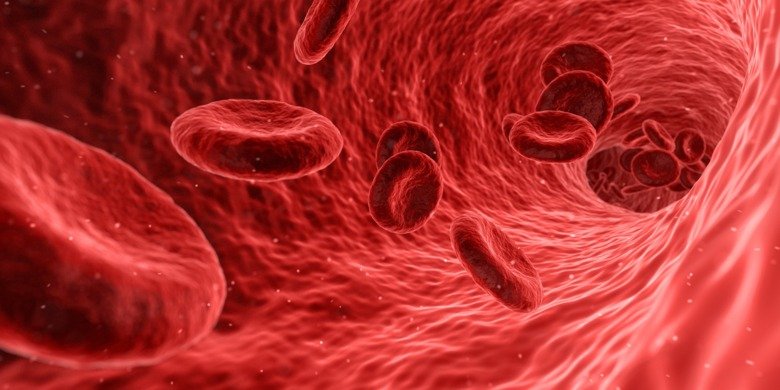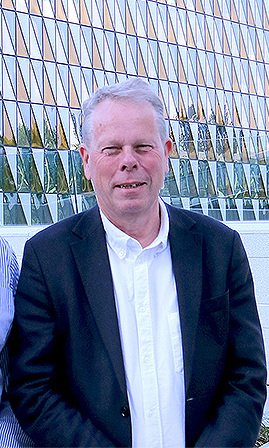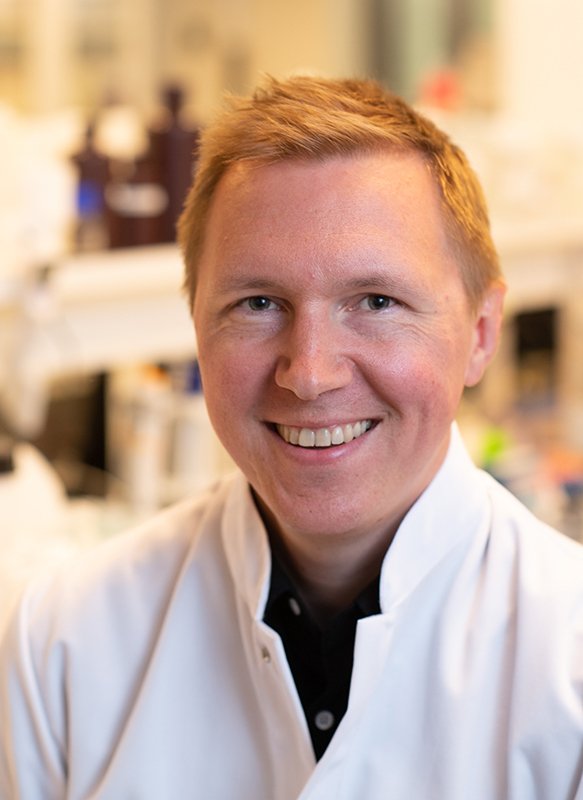Detailed map of immune cells in human blood

Researchers at SciLifeLab report in the journal Science that they have created a detailed blood atlas of the proteins in human immune cells. The open-access database offers medical researchers an unprecedented resource in the search for treatments for diseases.
The Blood Atlas resource is the latest database to be released by the Human Protein Atlas program, led by Mathias Uhlén, Professor at the Department of Protein Science at KTH Royal Institute of Technology and Visiting professor at the Department of Neuroscience at Karolinska Institutet. The research was mainly performed at the Science for Life Laboratory (SciLifeLab), a joint research center aligned with KTH, Karolinska Institutet, Stockholm University and Uppsala University.
Immune cells involved in fighting all human diseases

“The immune cells are involved in fighting all human diseases – in particular cancer, infectious diseases and autoimmune diseases,” comments lead author Mathias Uhlén in a press release from KTH. “With a comprehensive map identifying all proteins in these blood cells, researchers around the world will be able to deepen their understanding of human biology and develop new, more effective therapies targeting these diseases.”
The new resource provides a detailed view of the proteins in individual blood cells in relationship to the presence of these proteins in the other parts of the body. The researchers identified approximately 1,500 genes with elevated expression in various immune cells, confirming well-known immune proteins, but also identifying new targets for in-depth analysis. These proteins are interesting to study further in order to explore the biological functions linked to the function of each blood cell type.
The paper also describes the cellular distribution of genes known to cause primary immunodeficiencies.
Understanding the function of individual genes

“This resource is very important for anyone interested in understanding the function of individual genes, for example in patents with primary immune deficiency diseases,” says Petter Brodin, pediatrician and Associate professor at the Department of Women’s and Children’s Health at Karolinska Institutet and last author of the paper.
The results are presented in an updated version of the open-access database Human Protein Atlas (www.proteinatlas.org/blood). The project was a combined effort of SciLifeLab (including researchers at KTH, Karolinska Institutet and Uppsala University) and Novo Nordisk Foundation Center for Biosustainability, Technical University of Denmark. Major funding for the research was provided by the Knut and Alice Wallenberg Foundation.
This news article is based on a press release from KTH.
Publication
“A genome-wide transcriptomic analysis of protein-coding genes in human blood cells”. Mathias Uhlen, Max J. Karlsson, Wen Zhong, Abdellah Tebani, Christian Pou, Jaromir Mikes, Tadepally Lakshmikanth, Björn Forsström, Fredrik Edfors, Jacob Odeberg, Adil Mardinoglu, Cheng Zhang, Kalle von Feilitzen, Jan Mulder, Evelina Sjöstedt, Andreas Hober, Per Oksvold, Martin Zwahlen, Fredrik Ponten, Cecilia Lindskog, Åsa Sivertsson, Linn Fagerberg, Petter Brodin. Science, online 20 December 2019.
